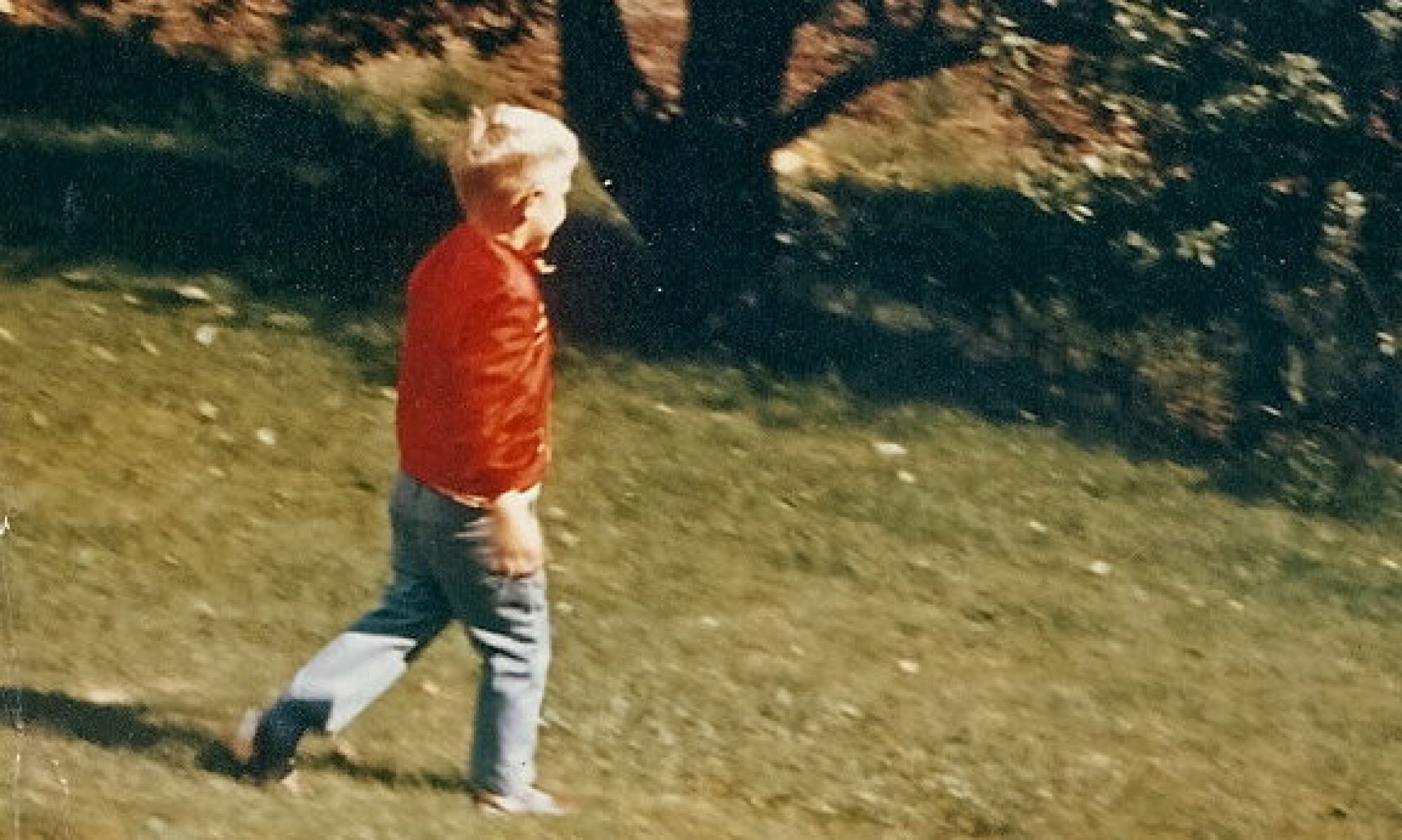I studied poetry in college. Yup. Me and poems. We’re pretty close. Can’t write one worth writing. Well, that’s not true, I probably could, if I took the time. But I love reading them. I love reading them out loud. I love reading them to my wife. I love reading them to anyone who will listen. Chances are, if they have come from a reputable source (like an actual book of poetry, for example) they have been labored over. And I mean labored. Many of my stories started as ideas for poems. Some of the stories I actually struggled with in the form. And I mean struggled. But the worlds of the stories weren’t perfect enough to be poetry. I kind of understand that now. I didn’t when I was writing poems, though. It’s a hard habit to break, I think … the poetry gig.
Which brings me to my third or fourth poetry seminar when I just kept putting the same poem in front of my classmates. It was a poem about Anaconda. Nothing specific about Anaconda, just images. Things I remembered. Bits and pieces I felt worth noting. I remember one of the lines was “Cruise past restaurants where soup is best on Fridays” you know … stuff like that. The class hated it. The teacher (I won’t name drop, but if you have any inkling of the faculty at the University of Montana in the early eighties, you’ll know the folks. Many have prizes. Many are famous.) told me, “Stop writing this poem. You don’t know enough about it. Put it away.” Then she recommended I commonplace a whole bunch of Phillip Levine.
Of course, I didn’t really put it away. I’ve pulled it out every few years and tweaked things. Added a line break or two. Changed some of the music. Written some of the images into stories. In the actual activity of doing that, I’ve discovered more than I ever could have about that poem. That place. That poet.
So here’s the deal … something another poetry professor taught me, in probably a more poetic way:
Nothing is ever finished.
